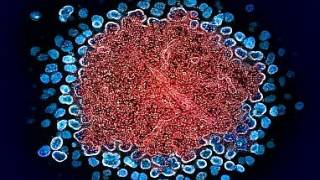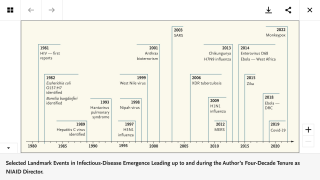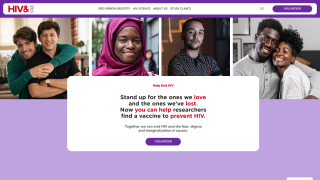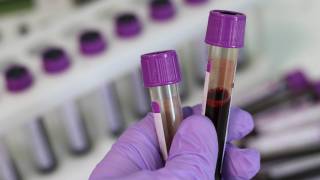New HIV-related Genetic Variant Discovered
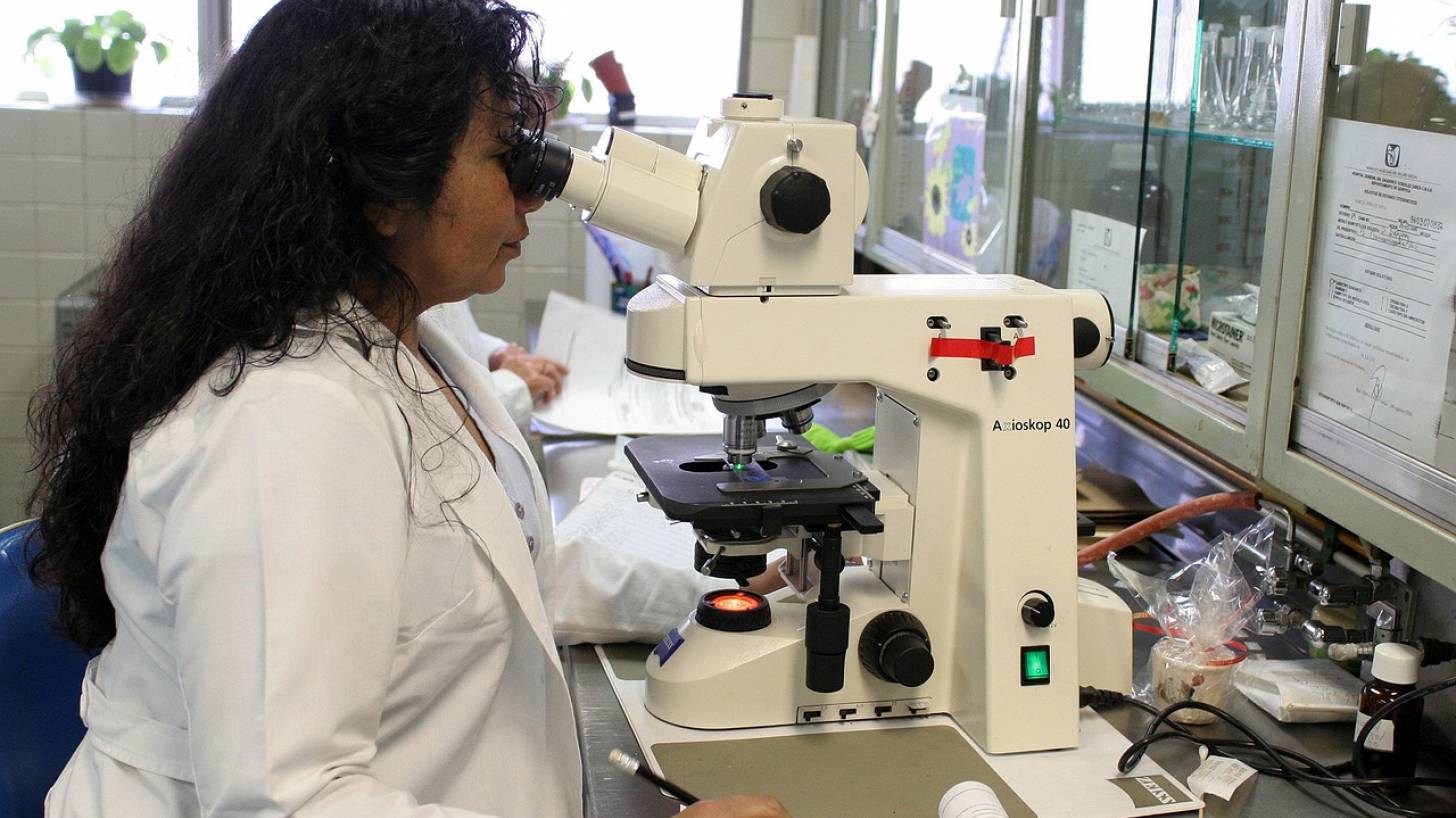
A significant breakthrough in the clinical understanding of the human immunodeficiency virus (HIV) was announced today that may lead to new treatment and prevention strategies, such as vaccines.
This is the first new genetic variant discovered in nearly 30 years of HIV research, says the Public Health Agency of Canada.
Scientists from the Public Health Agency of Canada's National Microbiology Laboratory (NML), École Polytechnique Fédérale de Lausanne in Switzerland, and Imperial College London are leading a global effort to understand better the genetics of people living with HIV.
Announced on August 2, 2023, the scientists at the NML and their international partners have discovered new genetic variants that may explain why certain people naturally have a lower viral load, which slows down the virus from replicating and transmitting.
The scientists found genetic variants that impact a human gene called CHD1L, which restricts HIV replication.
The top associated variant is intergenic and lies between a long intergenic non-coding RNA (LINC00624) and the coding gene CHD1L, which encodes a helicase involved in DNA repair4.
The study, published by The Lancet, assessed the genetics of close to 4,000 people living with HIV, who are of African ancestries around the world, and provided informed consent to study how their genetic background influenced their response to the virus.
This is the first time this type of natural HIV restriction has been observed, and scientists believe this gene has a role to play in limiting viral replication.
This means that the virus can not replicate as quickly or efficiently in people who carry specific genetic variants compared to others who do not.
However, more research is required to understand exactly how this gene limits viral replication entirely.
Breakthroughs like this propel Canada towards reaching our global targets and result from over ten years of scientific research conducted at the NML alongside national and international collaborators.
This research demonstrates the Government of Canada's ongoing commitment to invest in research on novel therapeutic strategies and biological mechanisms, with a continued focus on finding a cure for HIV, wrote the Public Health Agency of Canada.
This finding is important since a recent systematic review published by The Lancet on July 22, 2023, found the risk of sexual transmission of HIV in individuals with low-level HIV viremia was low.
As of August 3, 2023, Canada and the U.S. have not approved an HIV-preventive vaccine.
Our Trust Standards: Medical Advisory Committee



